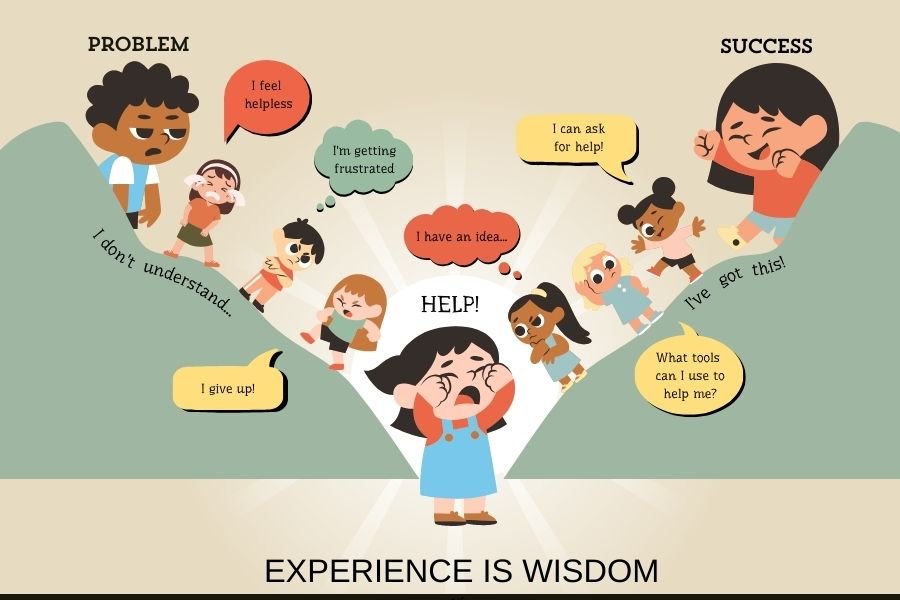From the moment we enter the world, a fundamental human need accompanies us—the need to belong. Abraham Maslow, a renowned psychologist, illuminated the significance of friendships, intimacy, family, and a sense of belonging in our lives. This need isn’t merely a preference; it’s a crucial motivator for our growth.
Maslow’s theory underscores that belonging is a cornerstone of our psychological well-being, going beyond a simple desire to become a vital element for our development. Intriguingly, some argue that a sense of belonging might even outweigh the significance of intimate relationships.
Adding another layer to its profound importance is the biological basis for this need. Our brains are inherently wired to seek social connection, and experiencing social exclusion or isolation activates brain regions associated with physical pain. Social pain is, in essence, equated with physical pain, emphasizing the deep impact of loneliness.
Oxytocin, often referred to as the “love hormone” or “bonding hormone,” further underscores the biological foundation of belonging. Released during activities like hugging and bonding, oxytocin reinforces the positive feelings associated with social connection, contributing significantly to our sense of belonging.
Evolutionary psychology offers another perspective, suggesting that the need to belong has been shaped by natural selection. In ancestral environments, individuals forming strong social bonds had a higher chance of survival and reproduction, solidifying this inclination to seek social connections in our biology over generations.
So, when you feel that pull to be part of something bigger, it’s more than a passing feeling. Embrace it as a genuine aspect of being human. Seek connections aligned with your values, nurturing a vital part of your well-being and connecting with humanity.
Our Compassionate Buddies are dedicated to creating a space for belonging and connection. Find yours now by scheduling a free session!















